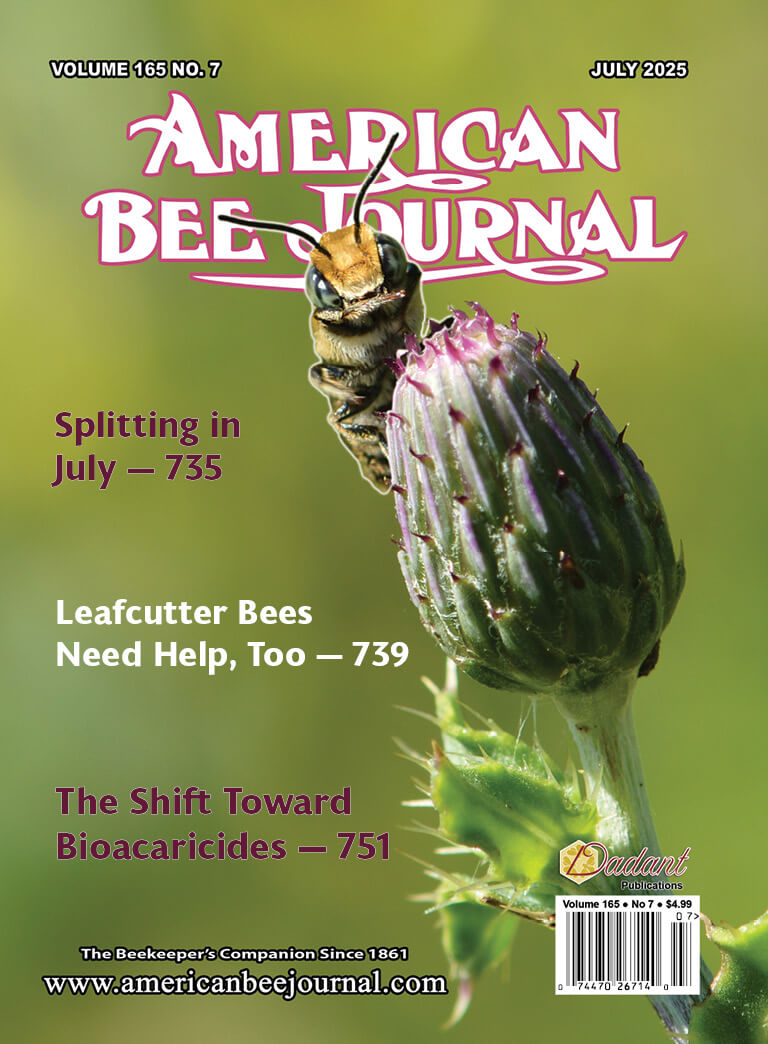Preliminary results from an international study
The honey bee research association COLOSS(1) has today announced the preliminary results of their international study of colony losses over the 2014-15 winter. Data were collected from 31 countries. Egypt, Russia and the Ukraine participated for the first time in this initiative, which is the largest and longest running international study of honey bee colony losses. In total 23,234 respondents provided overwintering mortality and other data of their colonies.
Collectively, all responding beekeepers managed 469,249 honey bee colonies. 67,914 of these colonies were dead after winter and an estimated 3 % of these colonies were lost because of unsolvable queen problems after winter. A preliminary analysis of the data shows that the mortality rate over the 2014-15 winter varied between countries, ranging from 5 % in Norway to 25 % in Austria, and there were also marked regional differences within most countries. The overall proportion of colonies lost (including colonies with unsolvable queen problems after winter) was estimated as 17.4 %, which was twice that of the previous winter.
The protocol used to collect this COLOSS data has been internationally standardized to allow comparisons and joint analysis of the data. A more detailed analysis of risk factors calculated from the whole dataset, as well as further colony loss data from other countries, will be published later in the year.
International Data Coordinator for the COLOSS Monitoring and Diagnosis Working Group Romée van der Zee from the Dutch Centre for Bee Research says: “North European countries have traditionally had lower losses, compared to west and central European countries. This can partly be explained by the later start of the breeding season of their honey bee colonies due to low temperatures in March/April, as was the case in 2014. This later start limits the number of brood cycles of the varroa mite, one of the main parasites of honey bees. However, honey bee colony loss is a multifactorial problem. There is clearly also a variation in losses between areas, which is not dependent on the varroa mite. One of the main aims of our network is to identify and describe such areas.”
1. COLOSS is a honey bee research association formerly funded by the European Union COST Programme (Action FA0803) and currently by the Ricola Foundation – Nature & Culture, which aims to explain and prevent massive honey bee colony losses. COLOSS does not directly support science, but aims to coordinate international research activities across Europe and worldwide, promoting cooperative approaches and a research program with a strong focus on the transfer of science into beekeeping practice. COLOSS has 552 members drawn from 78 countries worldwide. Its President is Prof. Peter Neumann of the University of Bern, Switzerland.


